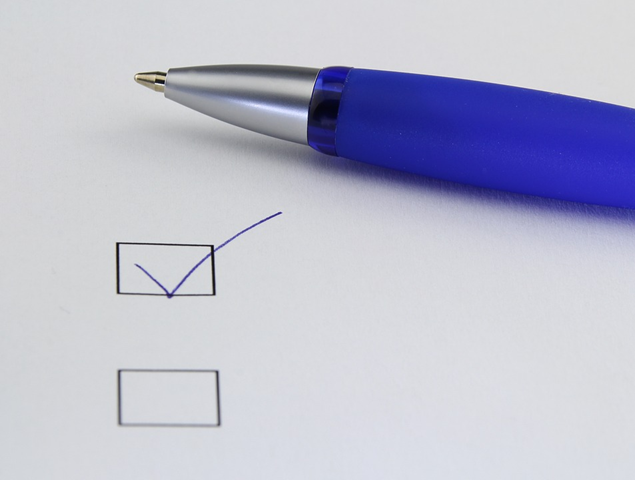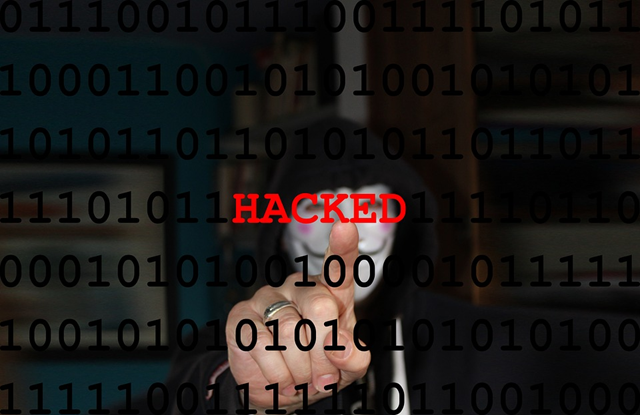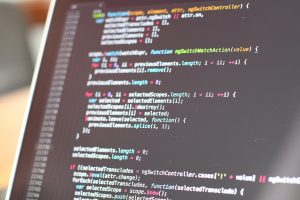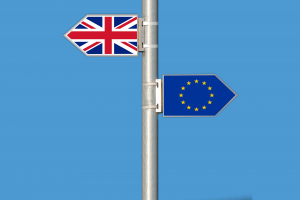UDRP Procedure: manage a domain name portfolio with attention

The company Orfeva has specialized for many years in baptism medals. Since 2010, it has been using the domain name ” medailledebapteme.fr ” as the domain name for its official website. Orfeva is also the owner of the French trademark “MEDAILLEDEBAPTEME.FR”.
Orfeva filed a UDRP complaint before the WIPO Arbitration and Mediation Center against the domain name <medailledebapteme.com>, claiming that it infringes its rights, and asking for a transfer.
This domain name was initially registered on July 21, 2010 by Mr. de Graaf, legal representative of the applicant, then, due to a non-renewal in 2016 – for reasons not explained – this name fell back into the public domain and was reserved on September 26, 2016 by Mr. Vianney d’Alançon to designate his own website for the sale of jewelry and silverware. Mr. Vianney d’Alançon has been the owner of the French trademark “1000 MEDAILLES DE BAPTEME.FR” since December 2015.
The applicant argued that the defendant registered the disputed domain name with perfect knowledge of the existence and use of its earlier mark. Consequently, it considers that the defendant sought to generate confusion with its earlier mark in order to try to divert consumers to its own internet site, by offering them the same goods on a very similar site. In addition, the applicant states that has filed an applicaion by letter, through its Counsel, for the restitution of the disputed domain name, without receiving a reply from the defendant.
The defendant, for its part, maintains that it purchased the domain name <medailledebapteme.com> because it is descriptive of his products and not in order to disrupt the applicant’s business. He argued that the expression ‘baptismal medal’ in everyday language cannot be the subject of a monopoly, being the generic, necessary and customary designation of baptismal medals in the jewellery sector.. Furthermore, he adds that he replied to the letter from the applicant’s counsel, refusing to uphold his claims. Finally, the defendant argues that there has been no demonstration of customer poaching. In that regard, it states in particular that the applicant’s business is not disrupted by the operation by a third party of the domain name <medaille-de-bapteme.fr> which predates the applicant’s domain name <medaille-de-bapteme.fr>.
The applicant’s position is not followed by the expert who considers that the domain name has not been registered and is not being used in bad faith.
Indeed, the name is descriptive of the Respondent’s activity, which justifies the registration of the domain name. The applicant’s knowledge of prior trade mark rights cannot affect the legitimacy of that registration.
Furthermore, the expert endorses the Respondent’s argument that it was not intended to disrupt the applicant’s business, pointing out that several companies specialising in the sale of christening medals and using very similar domain names coexist peacefully.
The expert concludes that the complaint must be rejected. In addition, he states that there is no evidence or reason to suspect any customer poaching or disruption of the applicant’s business operations. A court of law may rule on this matter, if necessary.
It should therefore be borne in mind that the abandonment of a domain name describing the activity, especially if it includes the highly prized top level domain “.com”, will most certainly be registered by a third party as soon as it falls into the public domain. Indeed, this type of name is generally very coveted, especially because it can enjoy high visibility on search engine results, corresponding to the keywords that Internet users can search for.
The same applies to domain names that reproduce the company’s brand and especially its corporate brand. Even if it is decided to no longer use a name, it may be advisable to keep it as a defensive measure to prevent a third party from taking it over.
Finally, it should be recalled that the parties must be attentive to the arguments they present before the WIPO, at the risk of departing from the UDRP’s legal regime. Unlike the judge, the expert does not have the power to declare a trademark invalid, nor to conduct investigations for unfair competition.
Keywords: generic designation of domain name – bad faith – trademark right – domain name – unfair competition


 WIPO, Arbitration and Mediation Center, March 5, 2020, No. D2019-2887, SYMPHONY HOLDINGS LIMITED V. JAIMIE FULLER, FULLER CONSULTANCY F.Z.E.
WIPO, Arbitration and Mediation Center, March 5, 2020, No. D2019-2887, SYMPHONY HOLDINGS LIMITED V. JAIMIE FULLER, FULLER CONSULTANCY F.Z.E.
 The whole world’s been in slow motion since the Covid-19 virus spread. Thus, state governments are doing their best to maintain the continuity of the administration despite the implementation of containment measures,. Since an ordinance of March 16, the offices have decided to extend procedural deadlines that expired during this period of health crisis.
The whole world’s been in slow motion since the Covid-19 virus spread. Thus, state governments are doing their best to maintain the continuity of the administration despite the implementation of containment measures,. Since an ordinance of March 16, the offices have decided to extend procedural deadlines that expired during this period of health crisis.
 Due to the current health situation, the majority of companies have reduced their activity. This suspension or reduction of activity will have an impact on all intellectual property and may in particular result in the non-use of the trademark by the owner, leading to its forfeiture.
Due to the current health situation, the majority of companies have reduced their activity. This suspension or reduction of activity will have an impact on all intellectual property and may in particular result in the non-use of the trademark by the owner, leading to its forfeiture.
 In honor of the 22nd World Anti-Counterfeiting Day, Dreyfus Law Firm attended a Webinar organized by
In honor of the 22nd World Anti-Counterfeiting Day, Dreyfus Law Firm attended a Webinar organized by 

 Source: WIPO, Arbitration and Mediation Center, Jan. 30, 2020, No. D2019-2937, Scalpers Fashion, S.L. c/ Dreamissary Hostmaster
Source: WIPO, Arbitration and Mediation Center, Jan. 30, 2020, No. D2019-2937, Scalpers Fashion, S.L. c/ Dreamissary Hostmaster


 Source: E
Source: E
 The gTLD <.com> apparently occupies more than 40% of the domain name market share, according to statistics provided by the site www.domainnamestat.com. These results confirm that it is an unavoidable extension, especially because the <.com>, which addresses the whole world, is a strong rallying sign.
The gTLD <.com> apparently occupies more than 40% of the domain name market share, according to statistics provided by the site www.domainnamestat.com. These results confirm that it is an unavoidable extension, especially because the <.com>, which addresses the whole world, is a strong rallying sign.